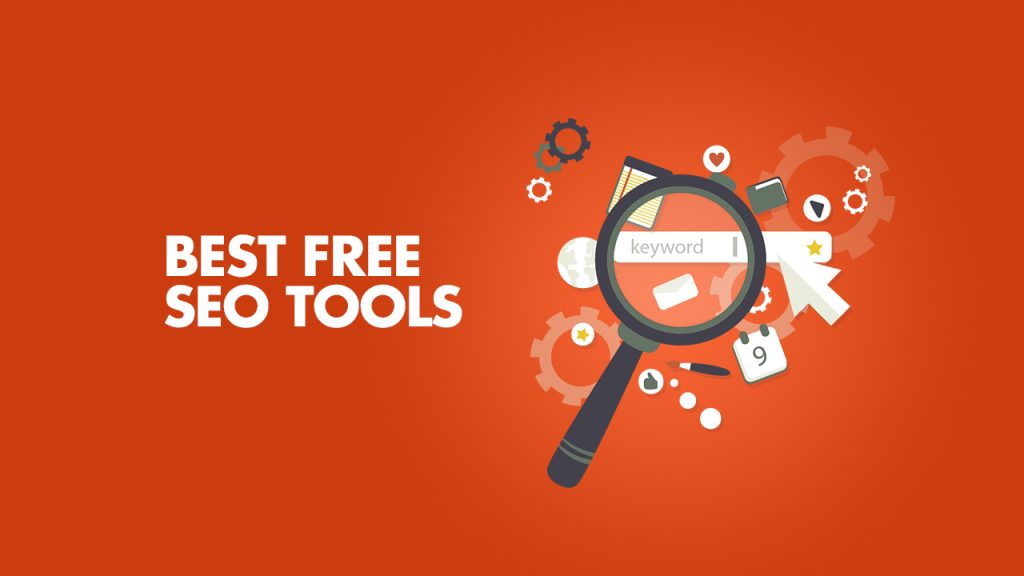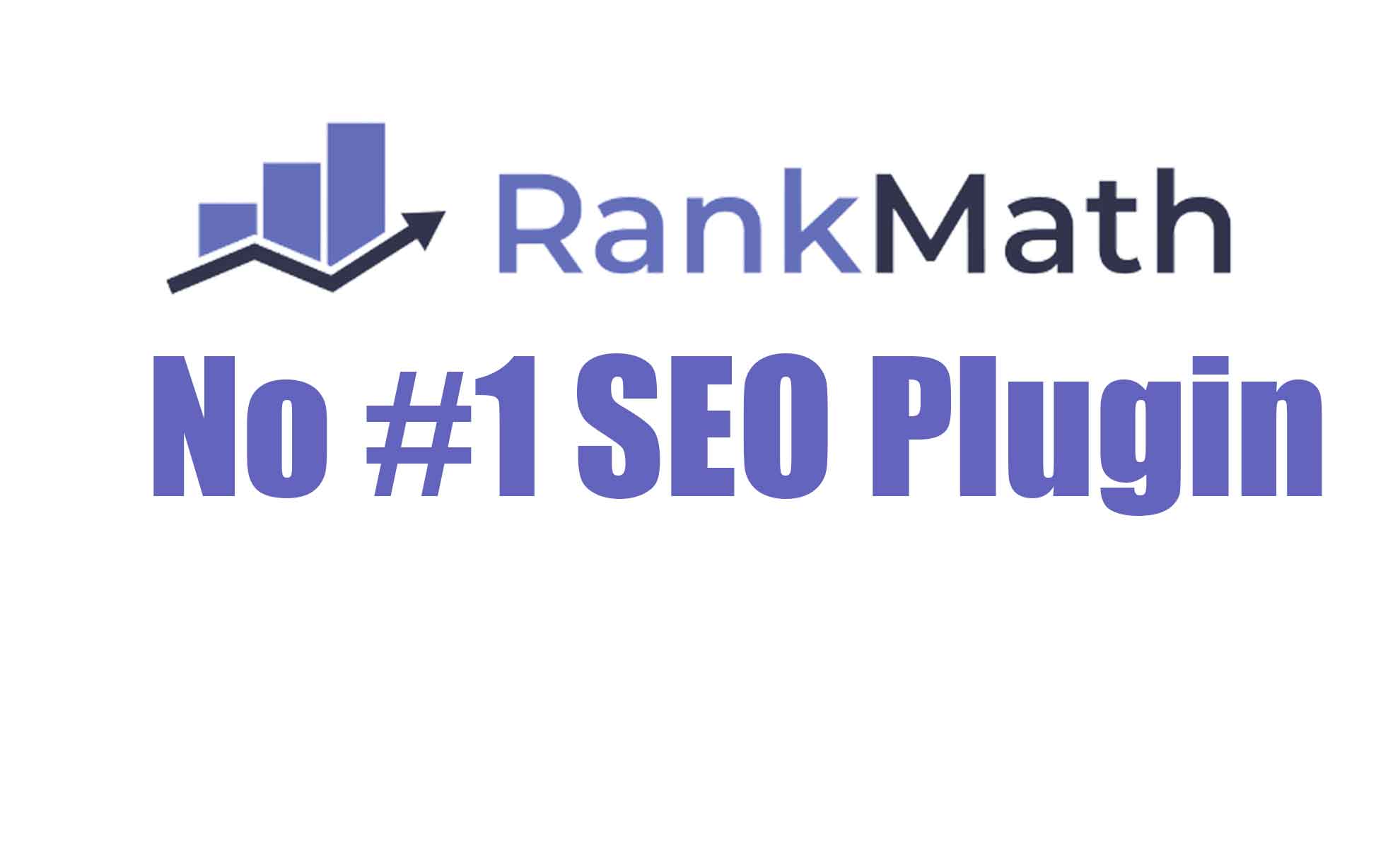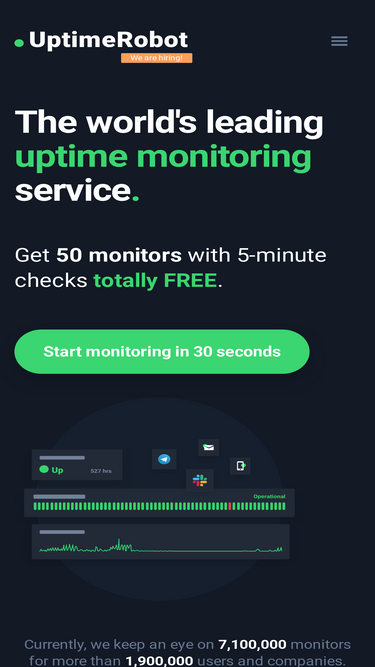Howdy, Stranger!
It looks like you're new here. If you want to get involved, click one of these buttons!
Quick Links
Categories
- 7.2K All Categories
- 98 Announcements
- 1.5K General Talks
- 1K Shared Hosting Offers
- 251 Reseller Hosting Offers
- 2.6K VPS Hosting Offers
- 240 Cloud Hosting Offers
- 1.1K Dedicated Server Offers
- 13 Hybrid Server Offers
- 3 Colocation Offers
- 40 Domain Name Offers
- 4 Hosted Email Offers
- 79 Search Engine Optimization
- 275 Other Hosting Offers
- 45 Tutorials
- 54 Black Friday and Cyber Monday and Celebration Offers
In this Discussion









Comments
Off-page SEO, on the other hand, is when you do things outside of your website to make it seem more trustworthy and authoritative. You can do this by building backlinks, interacting with others on social media, and mentioning your brand.
Both tactics are necessary to make a website more visible and get free traffic to it.
█ [GreenHost.Cloud | Reliable & eco-friendly Web Hosting Solution]
█ [Cloud > Website Hosting | WordPress Hosting | Website Builder | Email Hosting]
█ [One tree per customer]
On-Page SEO
On-page SEO refers to the practices used to optimize individual web pages to rank higher and earn more relevant traffic in search engines. These practices are focused on the content and HTML source code of a page. Here are the key components:
Off-Page SEO
Off-page SEO refers to actions taken outside of your own website to impact your rankings within search engine results pages (SERPs). These actions help create a perception of your site's popularity, relevance, trustworthiness, and authority. Key components include:
Both on-page and off-page SEO are critical for a well-rounded search engine optimization strategy. While on-page SEO ensures that your site is optimized for search engines and users, off-page SEO helps build authority and trust through external endorsements and visibility.
Title
Meta description
URL structure
Sitemap.xml
Robots.txt
301 Redirection
404 error page
Internal linking
Images optimization
Mobile Optimization
Quality content
Schema markup